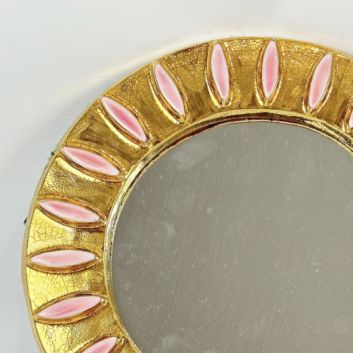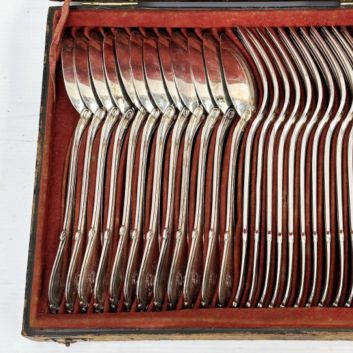Estate: the auctioneer's inventory protects you

Inheritance: the Auctioneer's inventory for peace of mind
The loss of a loved one is a delicate ordeal, steeped in memories and emotions, which requires thoughtful estate management.
This often painful moment calls for rigorous organization to avoid future complications. At the heart of this process, the estate inventory is an essential step.
It makes it possible to evaluate the deceased's assets, whether movable or immovable, and to ensure that they are passed on to the heirs with peace of mind.
By taking the time to draw up this inventory, heirs can understand the value of the assets they receive, and prepare for the distribution of the estate with full knowledge of the facts.
Calling on an auctioneer for this delicate task is a wise choice. These trained and experienced professionals have the necessary expertise to value goods accurately and impartially.
By entrusting this responsibility to an auctioneer, heirs can effectively protect themselves against potential tax complications. Thanks to a precise and rigorous valuation, the risks of contestation by the tax authorities are considerably reduced.
This ensures a smooth transition of assets, while minimizing worries about inheritance tax and legal obligations.
In short, the estate inventory is more than just a formality. It's a crucial step in calming tensions and ensuring the smooth management of inherited assets.
By surrounding themselves with competent professionals, heirs can get through this difficult period with confidence and serenity, ensuring that their loved one's memory is honored in a respectful and organized manner.
Drawing up an estate inventory: a legal obligation not to be neglected
In accordance with article 815 of the French Civil Code, an estate inventory is a legal obligation that all heirs, whether legatees or usufructuaries, cannot ignore.
This means carefully listing and valuing all assets, whether movable or immovable. In France, heirs must declare all the deceased's assets to the tax authorities, an essential step in calculating inheritance tax.
It is therefore crucial that this inventory is complete and accurate, as the value indicated will have a direct impact on the taxes to be paid.
Failure to do so can quickly prove costly: without a valid document, the tax authorities could apply a flat-rate tax, which is generally not in the heirs' favor.
Lack of organization at this stage can result in significant additional costs.
For example, without an inventory carried out by a professional, the tax authorities could assess the assets at a higher value. The result? Higher inheritance taxes and, consequently, a final bill that could make people cringe.
This really underlines the importance of a professional appraisal, which can make all the difference to the amount of tax due.
Having an auctioneer at your side not only guarantees a fair valuation, but also ensures that everything is in order for a smooth transition of assets under the best possible conditions and with the best possible legal security.
At a time when emotions are already running high, this helps to ease tensions and make estate management a little less stressful.
Examples of post-success sales

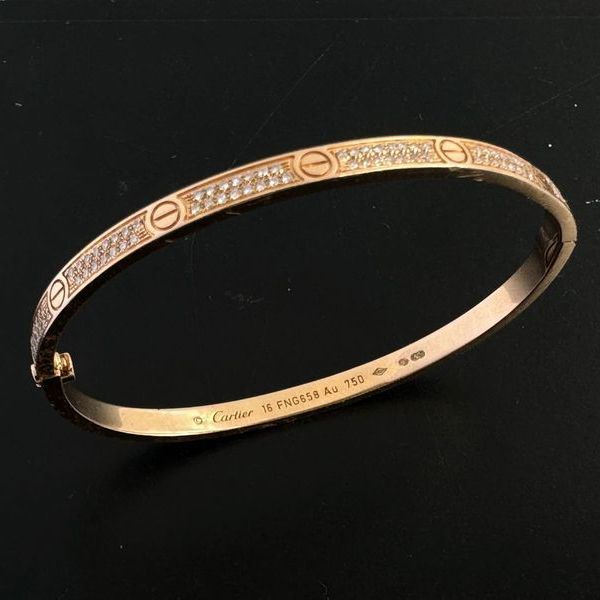
Property valuation: An essential step
The valuation of the deceased's assets is one of the most crucial steps in the estate inventory process. It enables the value of the assets to be determined, so as to ensure that inheritance tax is calculated on a realistic and fair basis.
With this in mind, we strongly recommend calling on the services of an auctioneer, whose expertise can prove invaluable.
According to article 1 of the law of July 10, 2000, auctioneers are professionals empowered to assess the value of goods according to objective criteria, such as state of preservation, rarity and artistic quality.
Thanks to their expertise, they can draw up an accurate estimate that can be defended before the tax authorities, thus avoiding potential disputes in the future. This approach reassures heirs by offering them a valuation based on solid, verifiable criteria.
The advantages of using an auctioneer There are many advantages to using an auctioneer to draw up an estate inventory.
Firstly, these experts are subject to a strict code of ethics, which commits them to being rigorous and impartial in their valuations. This transparency is essential to avoid any future problems with the tax authorities, who could contest a valuation carried out by non-professionals.
Next, the auctioneer takes charge of all tasks related to the estate inventory. He handles the valuation of the assets, draws up the final report, and can also advise the heirs on the best steps to take.
This comprehensive service relieves heirs of an often complex and time-consuming task.
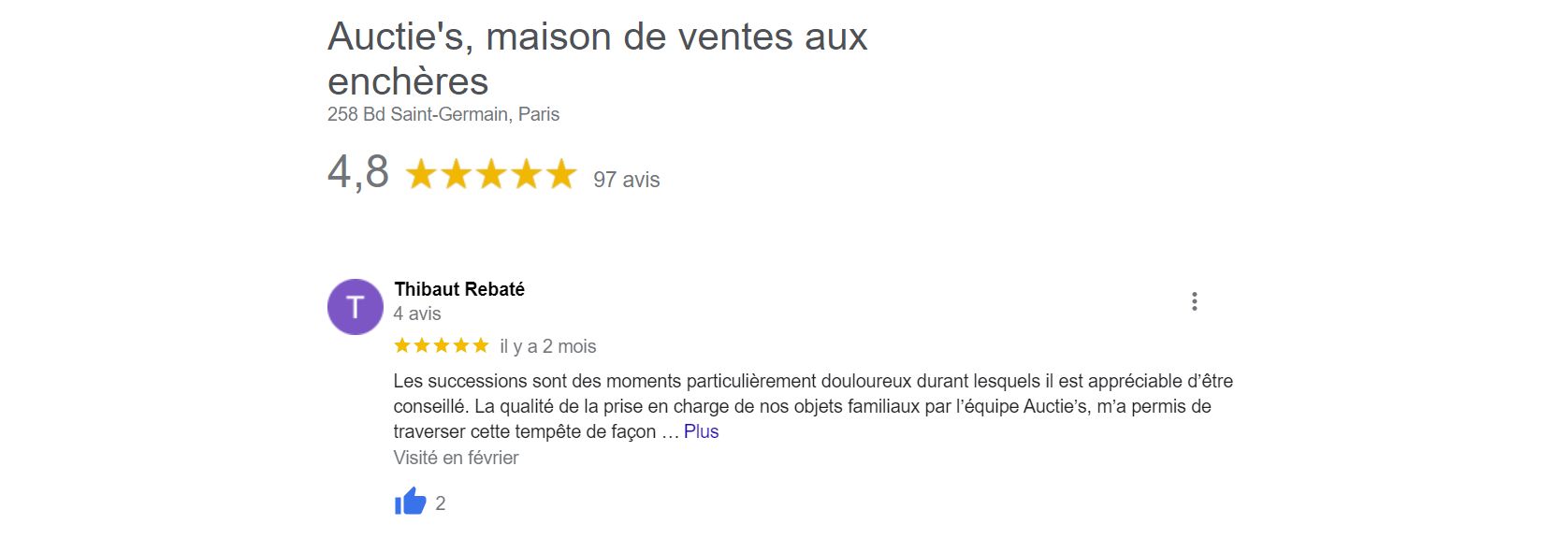
Calling in a professional also ensures an objective and fair assessment, which is particularly important at times of emotion and family tension.
By hiring an auctioneer, heirs can be reassured that the inventory will be carried out professionally and in compliance with legal requirements. This helps to establish a climate of trust between heirs, who may sometimes disagree on other aspects of the estate.
A neutral evaluation can ease tensions and encourage constructive dialogue. Tax impact of the estate inventory The tax impact of the estate inventory is a fundamental issue to consider.
Inheritance tax depends on the value of the inherited assets, which is determined at the time of the inventory. It is therefore crucial that this valuation be fair, to avoid conflicts with the tax authorities.
For direct heirs, such as children or spouses, the tax scale is progressive. For example, the first 8,072 euros are exempt. Beyond that, tax rates vary from 5% to 40%, depending on the value of the estate.
Collateral heirs, such as brothers and sisters, are also covered by this system, with rates varying from 35% to 45% depending on the amount.
It's worth knowing that certain tax exemptions and reductions exist in specific cases, such as donations to charitable organizations or for people with disabilities.
It is therefore advisable to consult a notary or a wealth management advisor to be informed of the options available and to optimize your tax situation. A professional inventory guarantees that the value of movable assets will be correctly determined.
Understanding the estate inventory
Conversely, if no inventory has been drawn up, the tax authorities will rely on the estimate provided by the heirs. This can lead to frequent disputes, making this option a risky one.
If neither solution is available, the furniture will be valued at a flat rate of 5% of the total value of the estate, an estimate that is often insufficient to reflect market reality.
This could lead to significant under-valuation, exacerbating tax problems for heirs.
Costs associated with an estate inventory Hiring an auctioneer to draw up an estate inventory entails costs, which can vary according to the complexity of the task and the number of items to be valued.
At Auctie's, for example, prices range from €350 to €1,000 inc. VAT, depending on the number of items to be appraised and the time required by our team. These rates also include travel expenses and documentary research, making this an attractive offer on the market.
Please note that in the case of a property sale, the inventory drawn up by our certified auctioneers can be offered for free. This represents significant savings for heirs, while guaranteeing them a professional valuation of the items for sale.
This incentive option underscores the benefits of calling on professionals from the outset, enabling heirs to benefit from comprehensive care at a controlled cost.
Other examples of post-success sales
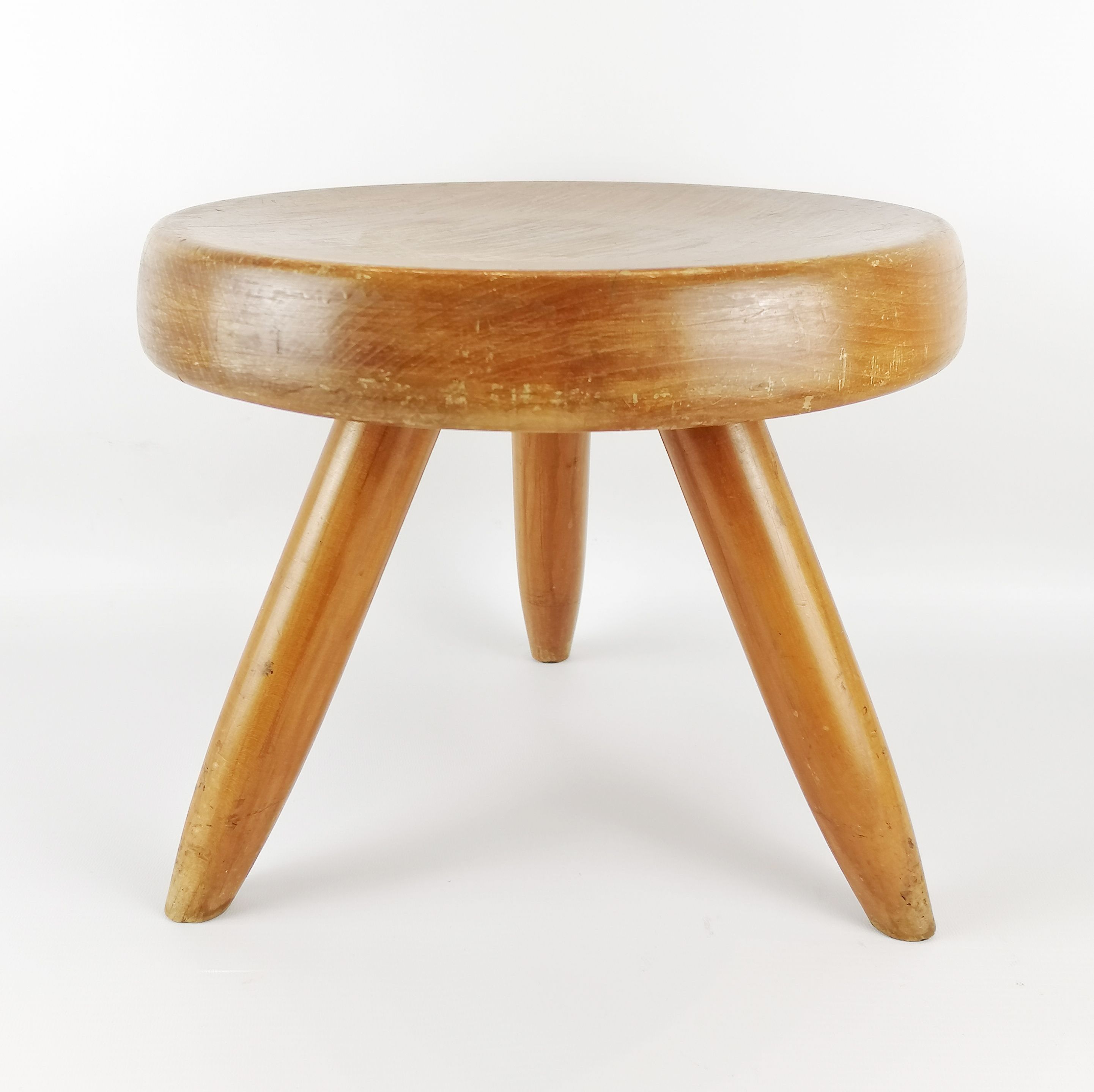
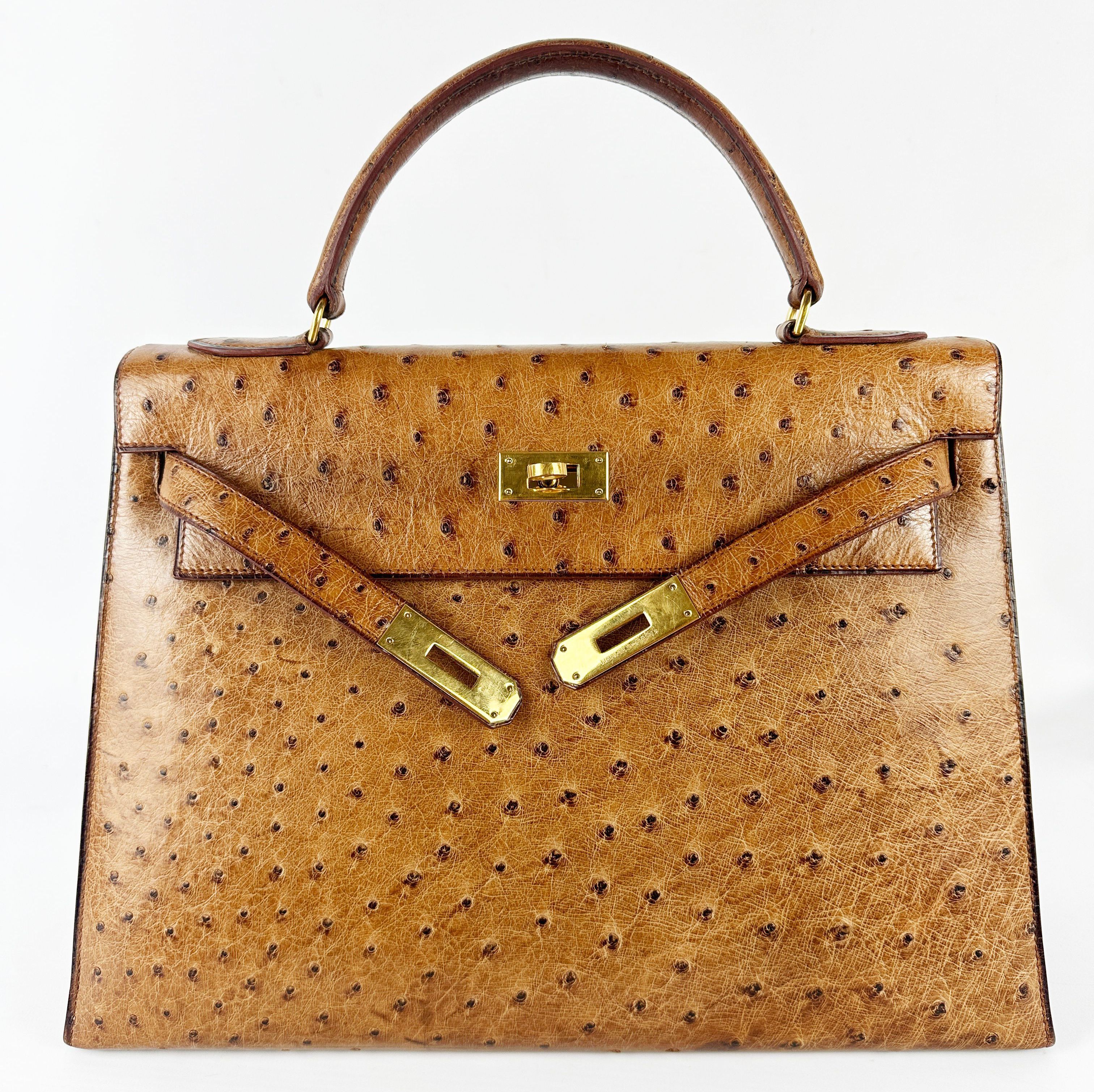
Conclude on the importance of the estate inventory
In short, drawing up an estate inventory is much more than a simple formality: it's an essential step with significant legal and tax implications.
The accuracy of this inventory, facilitated by the intervention of an auctioneer, is crucial to heirs' peace of mind.
A professional inventory not only avoids problems with the tax authorities, but also guarantees a valuation in line with market reality.
Heirs need to understand that neglecting this key step can lead to long-term legal and financial complications.
By taking the time to comply with legal obligations, and by surrounding themselves with competent professionals, they can get through this delicate period with greater peace of mind, knowing that their assets will be passed on fairly and transparently.
So it's vital not to underestimate the importance of the estate inventory. By calling in an auctioneer, heirs can be sure of a rigorous valuation process that complies with current standards, while protecting themselves against tax challenges.
It's an essential step in preserving the family estate and ensuring a smooth, serene succession, a goal that everyone hopes to achieve in these difficult times.
It should also be noted that the quality and accuracy of the inventory can influence not only relations between heirs, but also the reputation of the deceased and the durability of his legacy.
A carefully prepared inventory can also serve as a tool for transmitting family and cultural values, strengthening the bond between generations. Ultimately, an estate inventory is a proactive approach that enables you to navigate the complexities of wealth management with confidence.
By making the right decisions and enlisting the help of experts, heirs can turn a period of sadness into an opportunity to rediscover and enhance the legacy left by their loved one, while ensuring that everything is in order for future generations.
Response in less than 24h
Secure site, anonymity preserved
State-approved auctioneer and expert
Free, certified estimates

